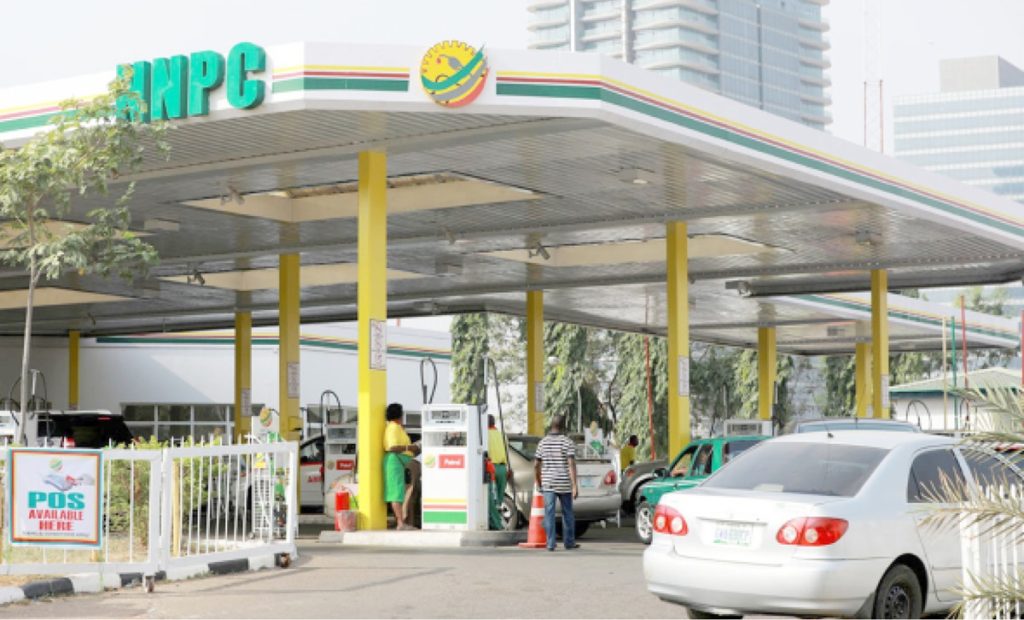The Financial Officer of the Nigerian National Petroleum Company Limited (NNPCL), Alhaji Umar Ajiya, has disclosed that fuel subsidy has not been paid to anybody in the last nine months.
Speaking at a press briefing in Abuja, Ajiya said the NNPCL is taking care of Premium Motor Spirit (PMS) importation shortfalls between the company and the federation.
“In the last eight to nine months, the NNPC Ltd., has not paid anybody a dime as subsidy, no one has been paid kobo by the NNPC Ltd. in the name of subsidy.
“No marketer has received any money from us by way of subsidy.
“What has been happening is that we have been importing PMS, which has been landing at a certain cost price and government tells us to sell it at half price.
“So the difference between the landing price and that half price is what we call shortfall.
“And the deal is between the Federation and NNPC Ltd., to reconcile, sometimes they give us money, so there is no money exchanging hands with any marketer in the name of subsidy,” he said.
He mentioned that credit lines are common in the downstream business within the global commercial system. He also said that in the past, the company had an open credit agreement with PMS suppliers and a term lines agreement for payment.
Dapi Segun, the Executive Vice President of Downstream at NNPC Ltd., emphasised that establishing an open credit agreement with suppliers demonstrated the credibility that the national oil company had developed over time.
“Concerning the outstanding to the suppliers, it is not in that magnitude that has been put out, it is actually lower than the N6.8 billion.
“What matters really is the relationship between us and our suppliers to ensure that we keep faith in making these payments to our suppliers which we have done overtime.
“You would understand that it is not a static figure and I wouldn’t want to be quoting any figure, when we make payments it goes down, when they supply products it goes up.
“It is a dynamic way, but the most important thing is to ensure that we continue to make PMS available across the country,” he said.

